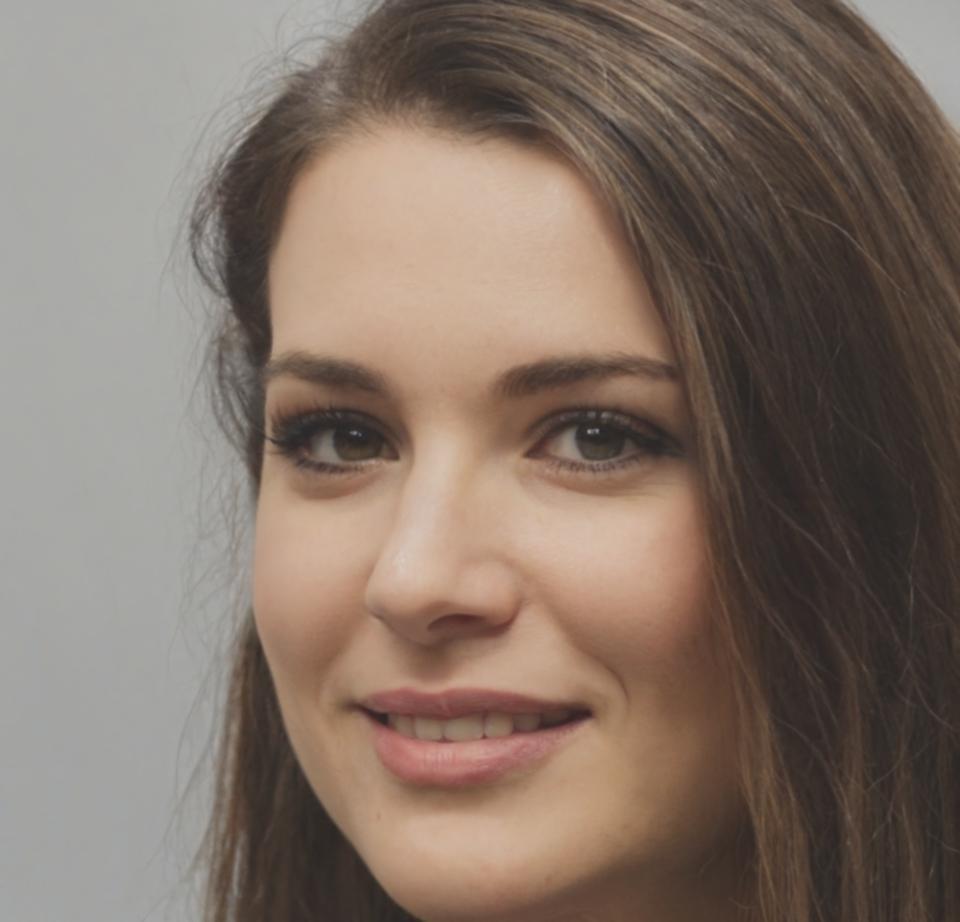Learn Faster, Dream Bigger, Rewrite Your Future Today
Constellation of Clarity: "Mastering Weekly Budgets for Professional Growth"
Welcome to SharpFluxStation, where learning feels less like a chore and more like discovery. Our teaching methods—crafted with curiosity and a touch of bold experimentation—challenge assumptions, spark questions, and genuinely make you want to know more.
Who Our Course Allures
Heightened adaptability to new technologies.
Enhanced ability to innovate in problem-solving approaches.
Enhanced storytelling skills.
Enhanced understanding of the role of ethics in decision-making.
Enhanced ability to leverage social media for professional networking.
Heightened understanding of cultural nuances.
Enhanced understanding of cultural intelligence
Improved understanding of effective team dynamics in virtual settings.
Master Your Money: A Weekly Budgeting Adventure
What does it really mean to manage your money week by week? At first glance, it might seem simple—track what you earn, subtract what you spend, and try to save what’s left. But is that all there is? Or is there something deeper, a layer of clarity and control that most people never touch? The truth is, weekly budgeting isn’t just a numbers game—it’s a mirror held up to your habits, values, and choices. It’s about understanding not just where your money goes, but why it goes there. And here’s the thing: most people think they’ve got it figured out, but the cracks in their approach show up the moment life throws a curveball. A surprise bill, a forgotten expense—suddenly, the system collapses, and they’re left scrambling. But what if, instead of reacting, you could operate from a place of confidence? Not perfection, but control. That’s what this process offers—something sturdier than surface-level advice and far more personal than generic rules. I remember someone once telling me, “I don’t budget because I don’t want to feel restricted.” And honestly, I get it. Who wants to feel like they’re living under some self-imposed austerity plan? But here’s the irony—real budgeting isn’t about restriction. It’s about freedom. It’s about knowing that when you spend, you’re doing it with purpose, not guilt. Think of a professional who walks into a meeting already prepared, with every angle considered. They’re not winging it—they’re ready, adaptable, in control. That’s the kind of competency this approach builds. It’s not just knowing your numbers; it’s knowing yourself and how to make decisions that align with the bigger picture of your life. It’s the difference between someone who memorizes a map and someone who actually knows how to navigate the terrain—because maps can change, but real understanding sticks.
In the first week, it’s mostly about unlearning. People come in with these rigid ideas—excel sheets, color-coded plans, all that—and then they hit this idea of variable expenses. Like, how do you even plan for something that changes every month? It’s almost funny to watch the group hesitate when asked to track everything for seven days. Coffee runs, random Amazon buys, that “quick” stop at the gas station where you somehow spend $15 in snacks. There’s this moment, usually by midweek, when someone admits they didn’t realize how much they spend on takeout, and everyone nods in silent agreement. It’s not judgmental—it’s more like, “Yeah, same.” By week three or four, though, things start clicking. You can see it in the questions—less “What do I do?” and more “What if I tried this?” Someone will mention trying the envelope method, and another will ask about sinking funds. (That’s always a fun rabbit hole.) But there’s pushback too—someone gets frustrated trying to reconcile their budget with an irregular paycheck. It’s not smooth sailing, and some people seem to hit the same wall over and over. But then there are these small breakthroughs. Like the guy who figured out he could automate his savings and not think about it. Or the woman who realized her grocery budget was bleeding into her entertainment fund because of all the “fancy” wine. It’s messy, but that’s probably the point.
Overview of Learning Plan Costs
We understand that investing in education is a big decision, and our pricing is designed with students at the center of it all. The goal? To make sure you feel confident about what you’re getting in return—skills, knowledge, and opportunities that align with your goals. It’s about finding the right fit for your journey, not a one-size-fits-all approach. Below you'll find educational options for every learning journey:
-
Lite
Tracking every dollar weekly—without the overwhelm—defines the "Lite" approach. It’s ideal for learners who prefer small, manageable steps over detailed analysis. The focus? Simplicity. A single spending category might get extra attention one week, like groceries, while others take a backseat. This keeps it less intimidating. Plus, the method’s flexibility works well for those who instinctively shy away from rigid systems. There’s even room for a little trial and error—because, honestly, who gets it perfect right away? And while the tools are basic, they’re enough for building confidence without feeling bogged down by complexity.
-
Essential
The "Essential" option stands out for its straightforward focus on weekly practice—it’s about showing up consistently, even when life gets messy. People often choose this because they want structure without overcomplication. It includes three core elements: a shared weekly check-in where small wins are celebrated (someone once said just admitting they stuck to their coffee budget felt huge), a simple template for tracking spending habits, and a short guided reflection to keep things realistic—no fluff, just clarity. What seems to matter most to those who pick this is the rhythm it creates; they like how it feels doable even when the week’s been chaotic. It’s not packed with extras, but that’s kind of the point. If you’re craving a way to stay accountable without feeling overwhelmed, this might fit.
Feedback by Clients
Lexie
Such progress—I spend 10 minutes planning my week now, and somehow, I save hours and actually stick to my budget!

Ludmilla
Fully grasping where my money was vanishing felt like magic—budgeting weekly showed me how small changes could save big.

Keshawn
Expertise grew with each dollar tracked—small choices became clear steps, and now my wallet feels lighter, yet fuller.

Our Expertise in Focus
Your Success Starts with Us
Education isn’t just about textbooks and lectures—it’s about crafting meaningful experiences that resonate long after the lesson ends. That’s the challenge, isn’t it? To teach not just for the moment, but for the future. Somewhere at the intersection of practicality and creativity, there’s a place that takes this philosophy seriously, blending thoughtful teaching with the rhythms of everyday life. Picture a space where budgeting skills meet learning standards, all wrapped in an environment designed to empower and inspire. Here, technology doesn’t just support learning—it transforms it. With tools that adapt to individual needs and allow for dynamic interaction, the entire experience feels tailor-made, not one-size-fits-all. It’s not just about screens and apps, though; it’s how those tools are used to spark curiosity and foster critical thinking. The result? A learning atmosphere where students don’t just absorb knowledge—they engage with it, question it, and apply it in ways that genuinely matter.
Our Remote Learning Approach
The courses incorporate interactive tools that transform remote learning into an engaging, hands-on experience. Their budgeting modules use dynamic spreadsheets and real-time simulations, letting students tweak numbers and instantly see the ripple effects on their weekly financial plans—without the risk of real-world consequences. It’s not just about watching videos or reading guides; it’s about experimenting, making mistakes, and learning from them in a controlled environment. And the best part? These tools are accessible from anywhere, whether you’re sitting at your desk or lounging on the couch with a cup of coffee. Beyond the tech, the structure of the lessons makes remote learning feel oddly personal. Recorded Q&A sessions and discussion boards are sprinkled with insights from past students, bridging the gap between learning alone and feeling part of a community. Plus, the self-paced format means you can revisit tricky sections as often as you need—perfect for wrapping your head around concepts like balancing fixed and variable expenses. By the end, students often share how they’re no longer just guessing if they’ll make it to the next paycheck. Instead, they’re crafting realistic budgets that actually hold up week after week.
Phillip
Phillip’s approach to teaching weekly budgeting feels less like instruction and more like a conversation—one that adjusts mid-stream depending on who’s in the room. He doesn’t stick to a rigid syllabus; instead, he reads the group, pulling examples or shifting focus if he senses a concept isn’t landing. Sometimes, he’ll scrap an activity entirely because someone’s offhand comment sparks a better direction. Adult learners seem to respond to this flexibility, maybe because it respects the life experience they’re already bringing to the table. It’s not unusual for Phillip to pause mid-lesson, ask a pointed question about someone’s actual budgeting habits, and then turn their answer into a practical case study on the spot. His background is as layered as his teaching style. Before stepping into the classroom, Phillip spent over a decade managing finances for small businesses—places where a missed detail could sink the whole operation. That experience shapes everything he does. He knows the curveballs students will face when their careful plans collide with real life. His classroom isn’t flashy or overly polished; it’s functional, cluttered with printouts and whiteboard scribbles, and somehow feels lived-in. A calculator might be sitting next to someone’s coffee cup on the table, and he’ll casually grab it during a discussion to check a quick number, like it’s no big deal. Students often leave his sessions feeling like their assumptions have been challenged—but not in a way that makes them defensive. One woman, in an evaluation, wrote that Phillip “made me realize I was budgeting backwards,” but she sounded almost excited about it, not embarrassed. Between classes, he takes on consulting gigs—sometimes with companies wading through messy, tangled financial scenarios that no textbook would cover. And he always brings those stories back to his students, usually with just enough detail to make them curious without giving away the ending.
Come In Touch
Site Cookies Used
By staying, you concede to automatic storage for cookies use.